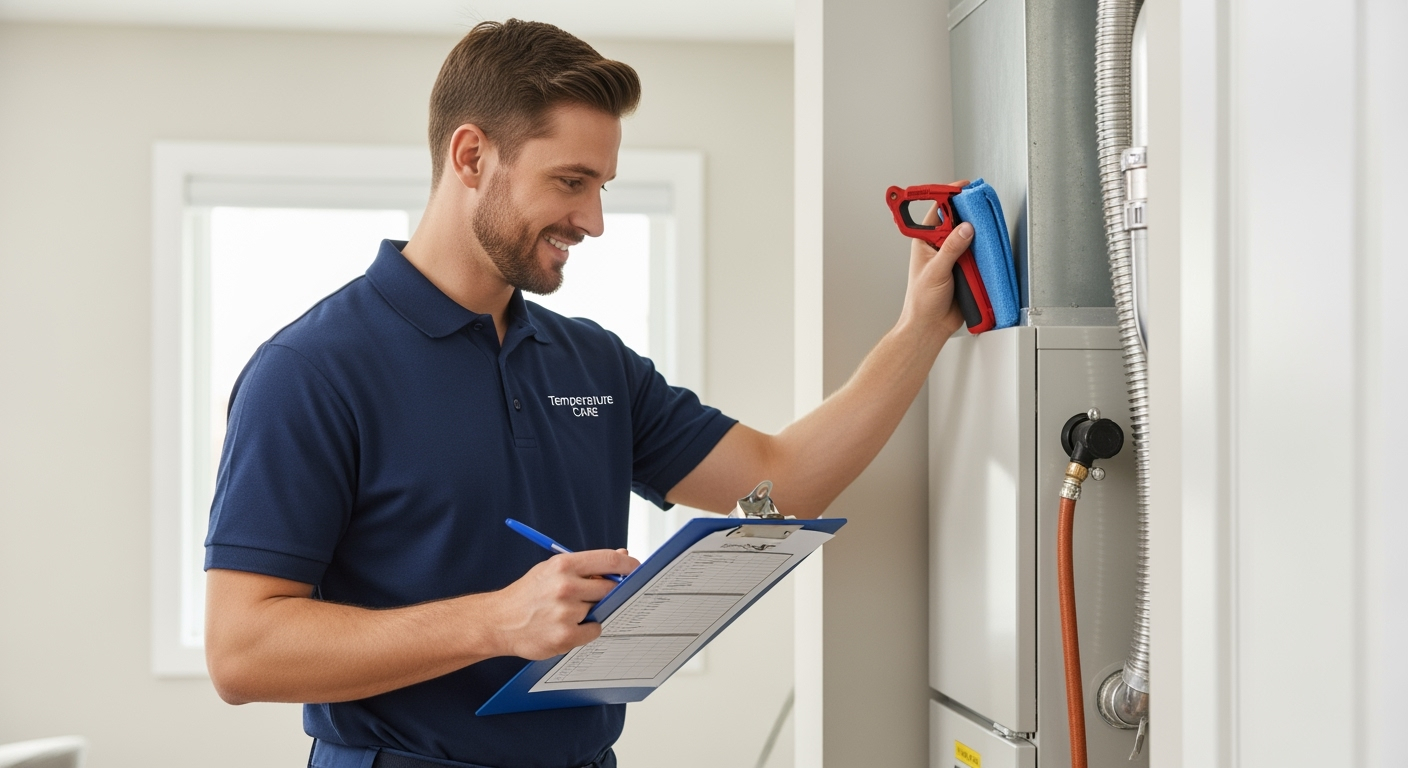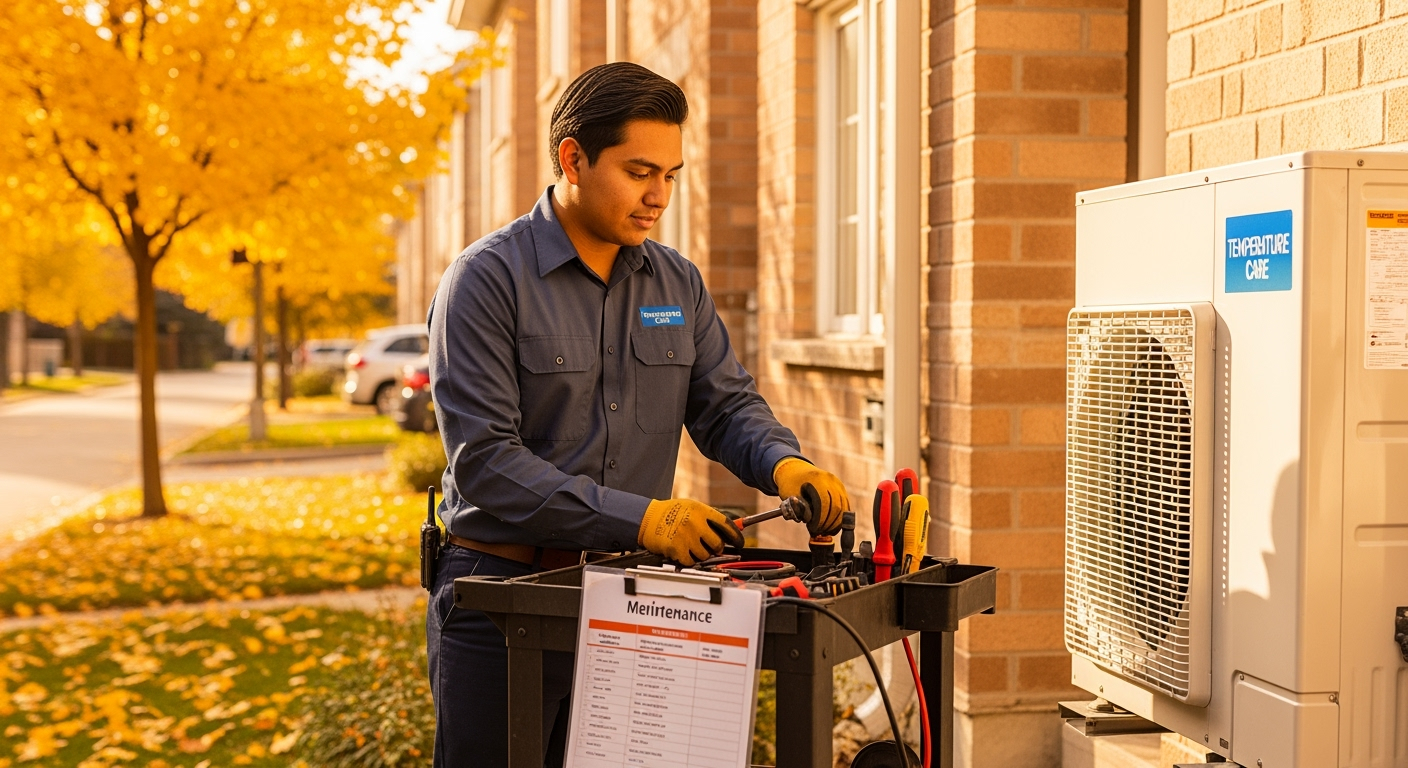Introduction to HVAC Systems
In the modern era, HVAC (Heating, Ventilation, and Air Conditioning) systems are indispensable in ensuring comfort and maintaining air quality within residential, commercial, and industrial settings. These systems work harmoniously to provide a controlled indoor environment by managing temperature, humidity, and air circulation. This article offers an extensive overview of HVAC systems, delving into their components, functions, and benefits to help you understand why these systems are crucial for both comfort and health.
What is HVAC?
HVAC stands for Heating, Ventilation, and Air Conditioning, encompassing the technologies used to regulate indoor environments. HVAC systems are designed to provide a comfortable indoor climate by managing the temperature, humidity, and air quality. Each component plays a distinct role:
- Heating: This aspect involves raising the indoor temperature to a comfortable level, especially during colder months. Common heating methods include furnaces, heat pumps, and boilers.
- Ventilation: Ventilation ensures the circulation of fresh air throughout a building, which helps to remove stale air, odors, and pollutants. It includes both mechanical and natural methods to enhance indoor air quality.
- Air Conditioning: This component cools the indoor air during warmer periods, using systems such as central air conditioners, ductless mini-splits, and window units.
Components of an HVAC System
Heating Systems
Heating systems are critical for maintaining warmth during cold weather. The most common types include:
- Furnaces: These systems use fuel (gas, oil, or electricity) to heat air, which is then distributed through ducts to various rooms.
- Boilers: Boilers heat water, which is then circulated through pipes to radiators or underfloor heating systems.
- Heat Pumps: Heat pumps can both heat and cool spaces by transferring heat between the indoor and outdoor environments.
Ventilation Systems
Effective ventilation is crucial for indoor air quality. Key types include:
- Mechanical Ventilation: This includes exhaust fans, air handlers, and ventilation systems that use fans and ducts to control air flow.
- Natural Ventilation: This method relies on natural air flow through windows, vents, and other openings to improve air quality.
- Balanced Ventilation: This system uses both supply and exhaust fans to ensure an equal exchange of indoor and outdoor air.
Air Conditioning Systems
Air conditioning systems are essential for cooling indoor spaces. Types include:
- Central Air Conditioners: These systems cool air in a central unit and distribute it through ducts to various rooms.
- Ductless Mini-Split Systems: These units provide cooling (and heating) without the need for ducts, making them ideal for spaces without existing ductwork.
- Window Units: These are compact units installed in windows or wall openings to cool individual rooms.
How HVAC Systems Work Together
An efficient HVAC system integrates all its components to maintain a comfortable indoor environment. The process typically involves:
- Thermostat Control: A thermostat monitors the indoor temperature and activates the heating or cooling systems to maintain the set temperature.
- Heating or Cooling: Depending on the season, the system either heats or cools the air. In winter, the furnace or heat pump heats the air, while in summer, the air conditioner cools it.
- Air Distribution: Heated or cooled air is distributed through ducts or directly from units into the living spaces.
- Ventilation: Fresh air is introduced while stale air is removed to ensure good air quality.
Benefits of a Well-Maintained HVAC System
Improved Comfort
A well-functioning HVAC system ensures a consistent and comfortable indoor temperature, regardless of the weather outside. This leads to a more pleasant living or working environment.
Enhanced Air Quality
Effective ventilation and air filtration remove pollutants, allergens, and moisture, contributing to better indoor air quality and overall health.
Energy Efficiency
Modern HVAC systems are designed to be energy-efficient, reducing energy consumption and lowering utility bills. Regular maintenance ensures that the system operates at peak efficiency.
Increased Property Value
Homes and buildings equipped with high-quality HVAC systems often see an increase in property value. Potential buyers view efficient heating and cooling systems as valuable assets.
Common HVAC System Issues and Solutions
Inconsistent Temperature
If certain rooms are too hot or cold, this could be due to imbalanced airflow or issues with the ductwork. Ensure vents are not obstructed and consider having a professional inspect the system.
Poor Air Quality
If the air feels stale or has an unpleasant odor, the issue may lie with the air filters or ventilation system. Regularly changing filters and maintaining ventilation can help resolve these problems.
Unusual Noises
Strange noises from the HVAC system can indicate mechanical issues. This could be a sign of loose components or worn-out parts. Scheduling regular maintenance can help prevent and address these issues.
Maintaining Your HVAC System
Regular Inspections
Routine inspections by a professional technician ensure that all components are functioning correctly and can help identify potential issues before they become major problems.
Filter Replacement
Air filters should be checked and replaced regularly to maintain good air quality and system efficiency.
Cleaning and Lubrication
Regular cleaning of coils, ducts, and other components, along with lubrication of moving parts, helps extend the life of your HVAC system.
Conclusion
Understanding HVAC systems is essential for maintaining comfort, air quality, and energy efficiency in your indoor environment. By familiarizing yourself with the components and functions of heating, ventilation, and air conditioning systems, you can make informed decisions about installation, maintenance, and troubleshooting.
For more insights on how to optimize your HVAC system and improve your indoor climate, explore additional resources and professional advice.
 905-780 3262
905-780 3262

